Justice for gender-based violence is ‘a fairy tale’
There is a backlog of cases in the courts and the police remain ill-equipped to deal with reports or the victims of assault.
Author:
7 April 2022

“There is no light,” says Vuyokazi Yvonne Mathebula. In June last year, she had to identify the brutally assaulted and decomposing body of her sister, Nonhle Gloria Aphane. Today, the alleged perpetrator – said to be a close relative – walks around free of repercussion.
To Mathebula, it seems the police have moved on from her younger sister’s murder while it is still painfully present for her. “I’m experiencing flashbacks. I was telling my younger brother today that even last night I dreamt about my sister.” But rather than focusing on her own post-traumatic stress, Mathebula says conversations with her psychologist have been consumed by worry about what the alleged killer remaining free means for her safety and that of other women in the area.
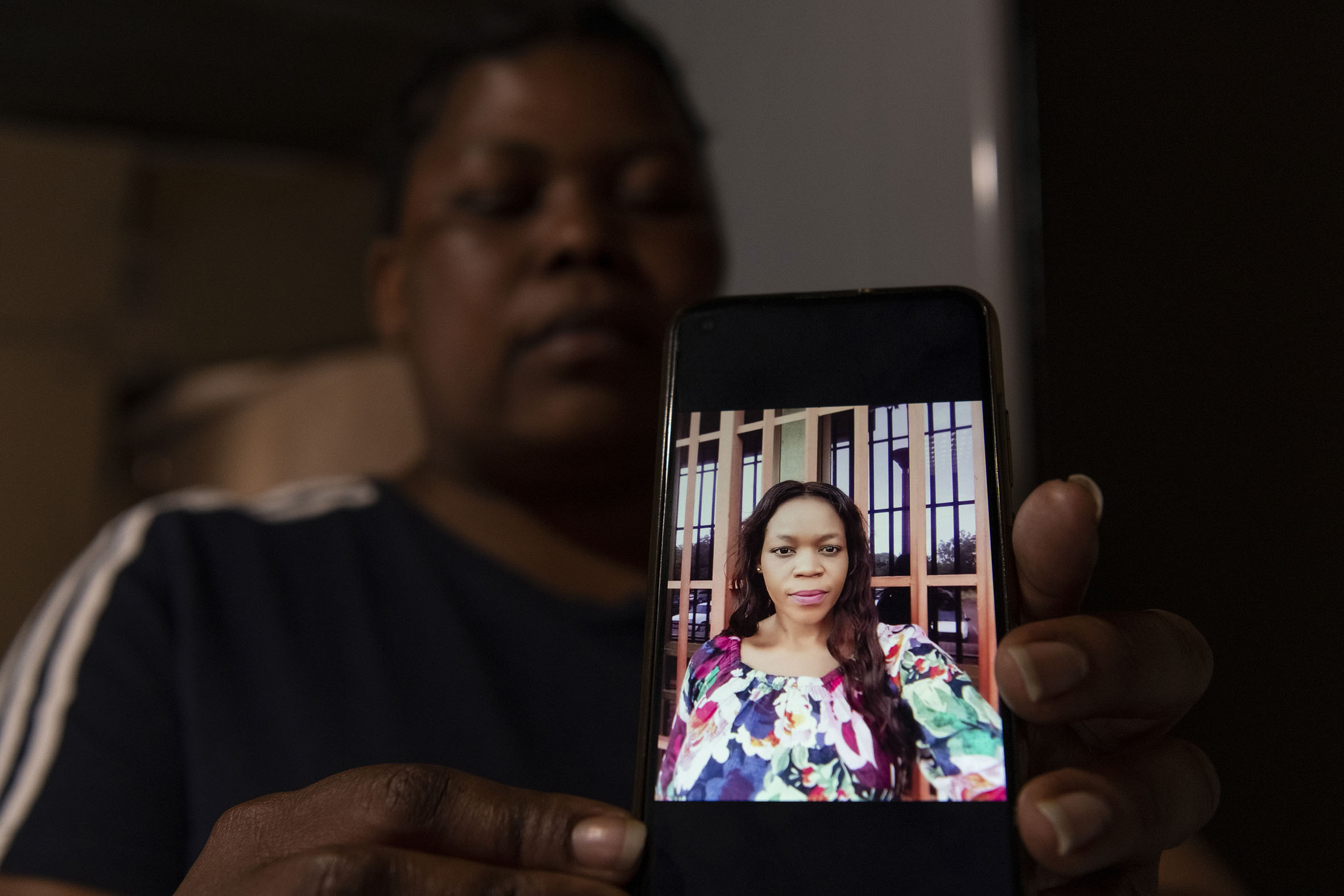
Any trust Mathebula once had in the police has dissolved. The burden is on her to phone every two weeks to follow up on the case, and even then “the police aren’t hearing us out”. She seeks not only justice but the closure that would come with the long overdue arrest of her sister’s killer. “I’m not free.”
“Gender-based violence is happening each and every day, every hour, every minute,” says Mathebula, sighing in resignation but also anger. Statistics support her view. An estimated one in seven women globally experienced physical and/or sexual violence at the hands of a partner or husband in 2018. And women in South Africa are five times more likely to be murdered by an intimate partner than anywhere else in the world.
Good cop, bad cop
Mathebula is “scared of the very same police”, and she is not alone in her fear and distrust. An October 2021 survey found that 73% of South Africans distrust the police and spokesperson Javu Baloyi says the Commission for Gender Equality does not trust the police wholeheartedly either. Chief among his concerns is that “you can’t ask a woman to go and serve a protection order to the person who’s abusing her”.
Tembisa Hospital nurse Lebogang Monene was shot six times in broad daylight by her police officer partner. It is a well-established reality that police officers feature disproportionately among those who kill their female partners.
The commission is critical of relying solely on gender-based violence statistics because it is typical for the crime to go unreported. Women are told to “just report” their abusers, but a big reason for under-reporting is a fear that the police won’t take allegations seriously or that they will respond with a “negative, demeaning and discriminatory” attitude or a “lack of sensitivity”. To report a case to the police and expect results is “a fairy tale”, says Mathebula.
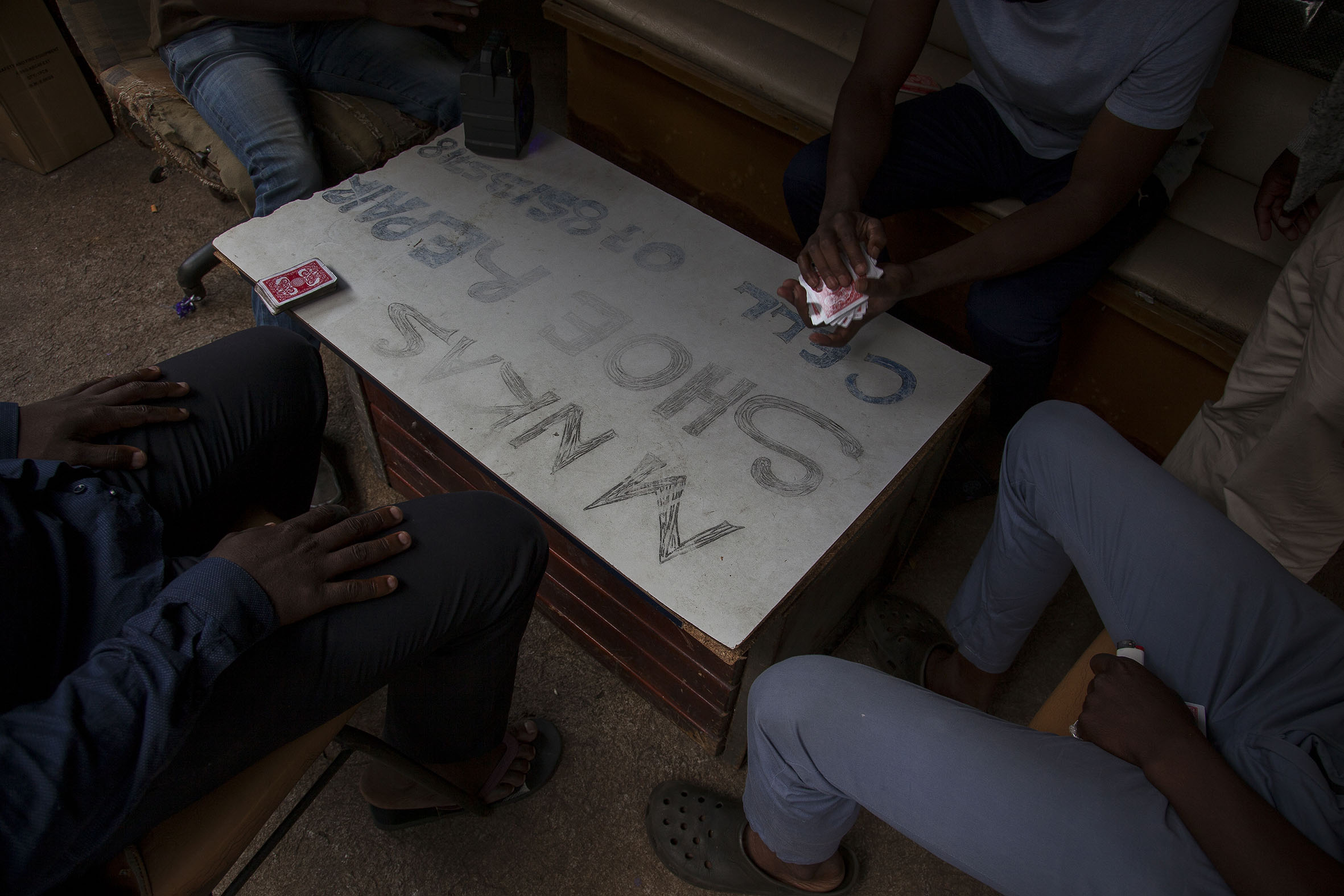
When young researchers posing as women attempting to escape an unsafe home environment tested this by calling every police station in Mpumalanga, KwaZulu-Natal and the Western Cape, the results revealed the magnitude of the problem. Only one in four stations was able to refer them to a shelter or social services office in the area, and three in four were asked “What is a shelter?”, “Well, why were you beaten?” or told “You don’t sound very sure whether you were abused or not”. When one of the callers explained that she was scared of her partner and did not want the police to come to her house, the officer told her “there is nothing more we can do to help” and hung up the phone.
Mathebula hoped that because the police were there on the day of her sister’s murder, “the case would be treated with the urgency it deserves. Unfortunately it never happened like that.” Mathebula had gone nine months without seeing the inside of a courtroom at the time of publishing. And the Nelspruit magistrate’s court had a backlog of more than 200 gender-based violence cases.
More than a shelter
MES Impilo, a shelter in Johannesburg, has had a more optimistic experience. Unit care manager Nonhlanhla Zulu says the police have been instrumental in helping the shelter expand its mandate. Originally for homeless people, it now takes in victims of domestic violence as well. “They are mainly brought in via the police,” says Zulu.
The shelter has outreach programmes in shack settlements and other “places where poverty is too high”, say Zulu and fundraising and marketing manager Zama Ndlovu. This is in keeping with an understanding of the geography of violence and the connection between deprivation, high levels of crime and gender-based violence.
Those who arrive at the shelter are met by a social worker and assessed before getting into the rhythm of morning workouts, shared meals, fiercely contested games of cards and – most importantly, say the MES staff – life skills classes. Ultimately, the shelter aims to reintegrate its residents into society safely and with a sense of empowerment. “We are training them to leave with a skill, to take personal responsibility for their lives,” says Zulu.
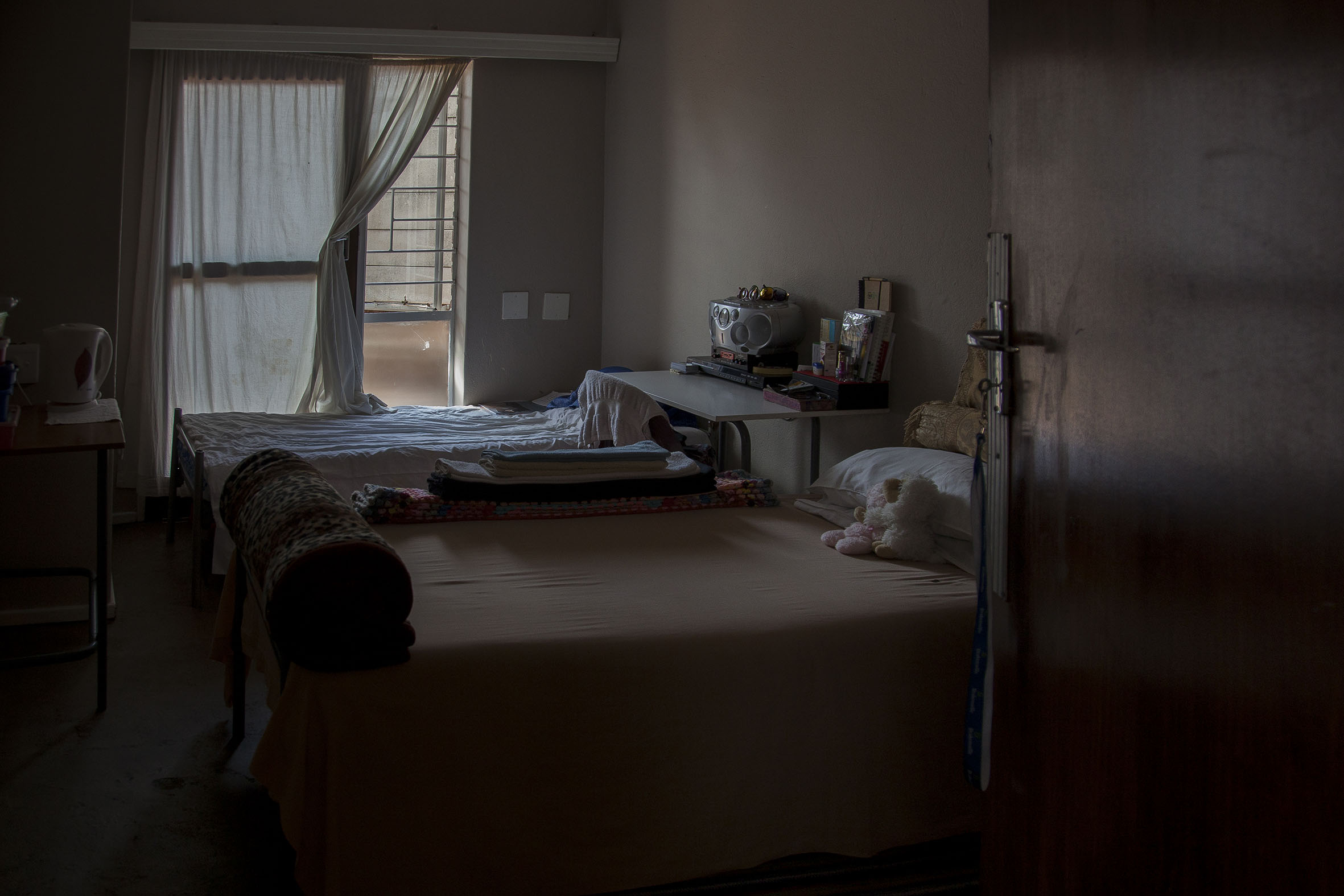
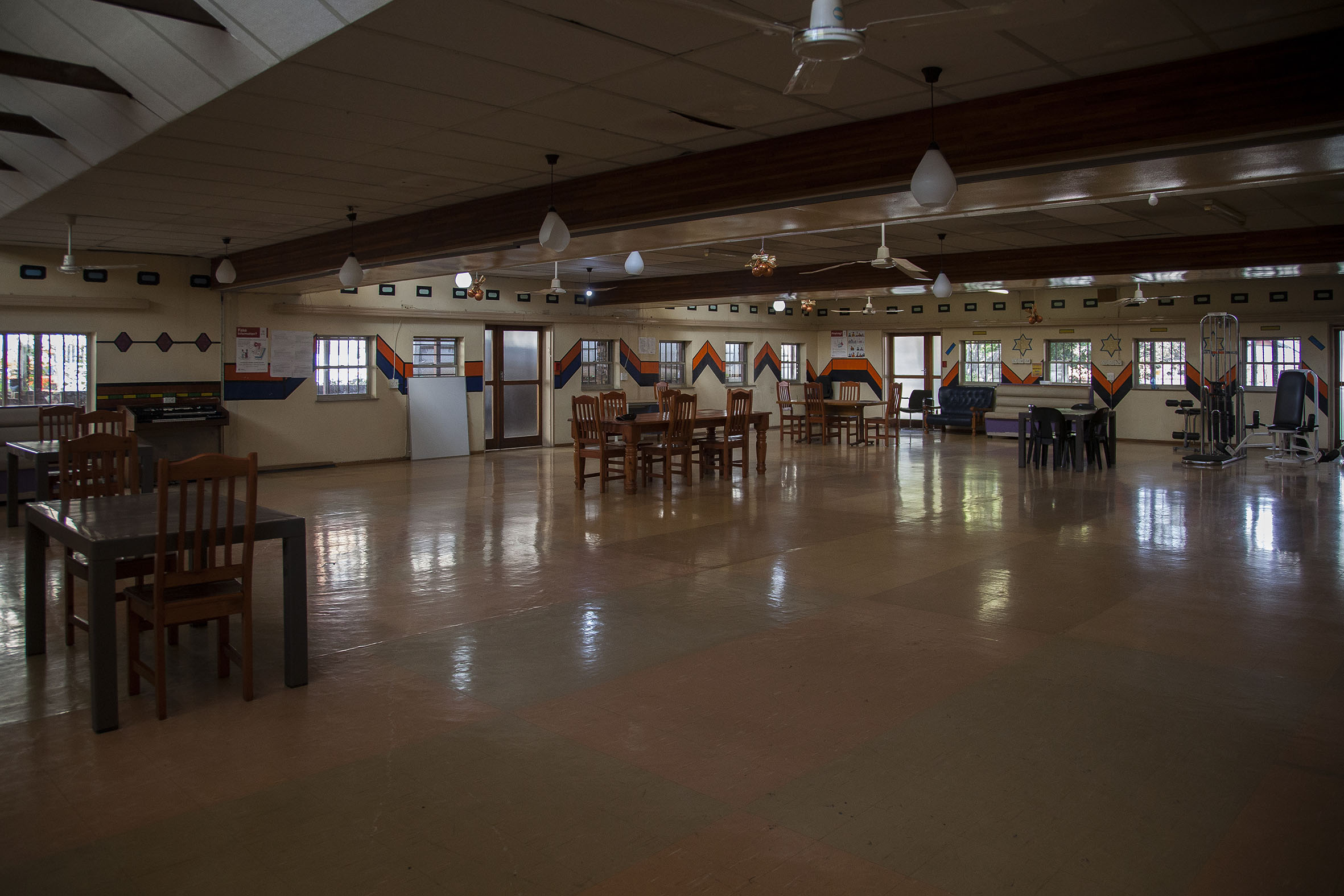
Ntokozo Nyati and Lungi Nzuza belong to the four-member team that runs a sewing business under MES Impilo. They first laid their hands on a sewing machine during the Outreach Foundation’s skills development programme in Hillbrow, to which MES is connected, and sewing has become far more than just a neat skill to have. “We use it to make a living.” Nyati is a mother of five and Nzuza has two boys.
Nyati is putting the finishing touches to a chef’s jacket for a client. The vibrant colours and eye-catching patterns of garments, blankets, bedding, aprons, bags and hats lift the darkness of the room in which they work. When not sewing, they’re selling on the streets or at the Sunday market in Rosebank, or marketing their business on social media. “It doesn’t matter how beautiful the clothes are, if you don’t have clients it’s meaningless.”
Stories such Nyati and Nzuza’s are what researcher Lisa Vetten sees as part of a more complex picture of how shelters curb gender-based violence. They act as “an illustration of the folly of trying to draw a bright shining line between what is prevention and what is response”. Not only do shelters give survivors a way to earn an income, they also actively prevent violence. Refuge in a shelter means a woman doesn’t have to return to an abusive environment, nor are her children exposed to violence at a tender and impressionable age. Self-harm is also often prevented through access to psychological help.
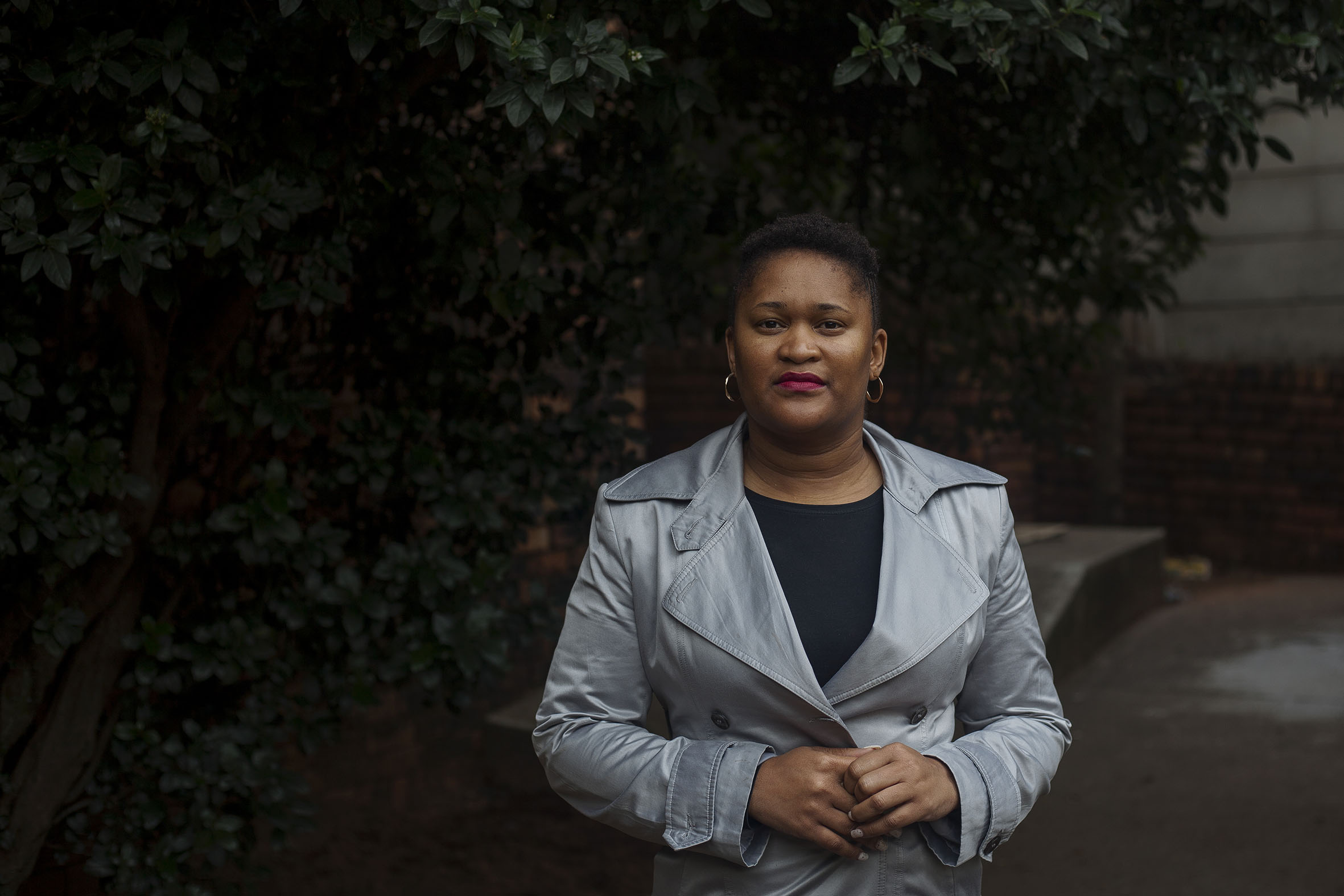
The work of many hands
Funding for shelters remains “deeply fraught with challenges”, which impedes their ability to provide the level of care they’d like to despite often being the only option for victims. Structured support and other avenues beyond shelters need reinforcement. The Commission for Gender Equality points to ways of reporting abuse without the knowledge of the perpetrator, such as its complaints line.
Vetten says “family members, friends and communities are perhaps an underappreciated resource, because that kind of social solidarity should not be underestimated”. Any one of these people could significantly counteract the emotional abuse a victim is subjected to by affirming their fears and concerns, and communities can support victims by galvanising publicly against alleged abusers. This sense of solidarity extends to spaces like counselling and support groups, where women can share ways to safely escape toxic relationships. Vetten adds that registering as a shelter should be made easier for smaller and rural organisations, and for direct access to mental health support to be readily available at such shelters.
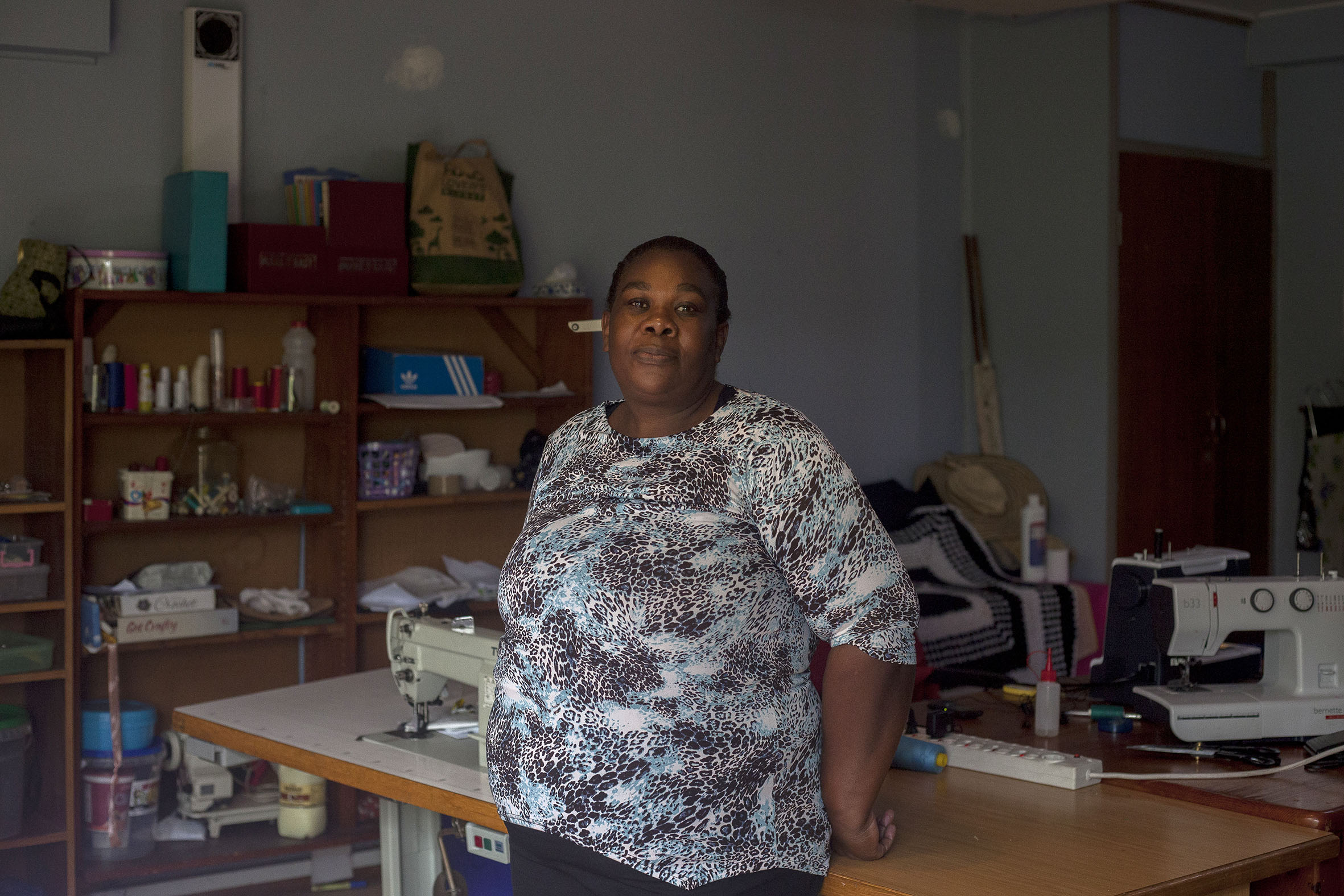
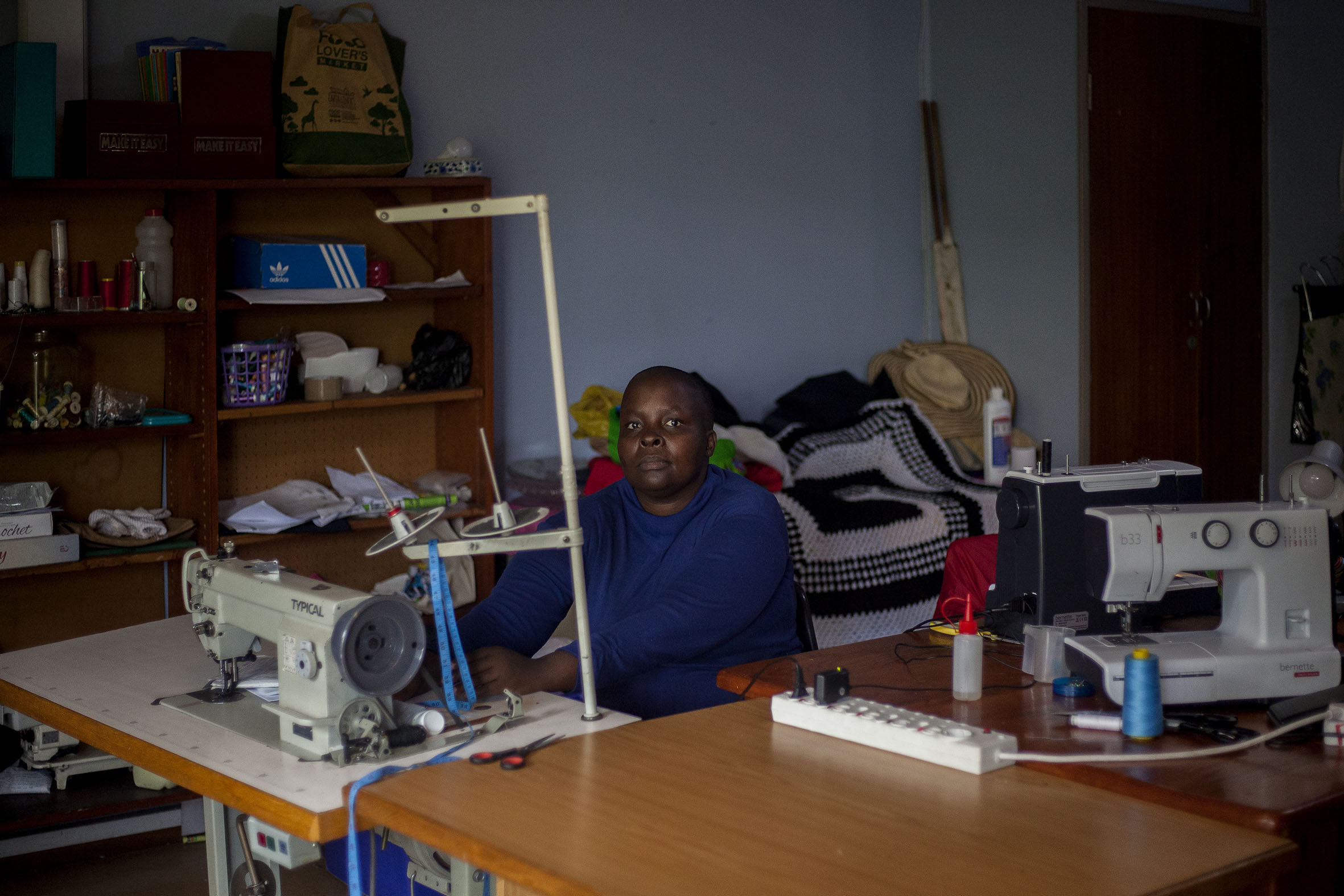
Vetten values a victim-centred approach, but stresses that family members and friends put themselves at immense personal risk when they intervene on behalf of another in situations of abuse. For Mathebula, the delay in her sister’s case has had a psychological toll, and as she makes sure to emphasise, the value of the swift delivery of justice cannot be understated.
